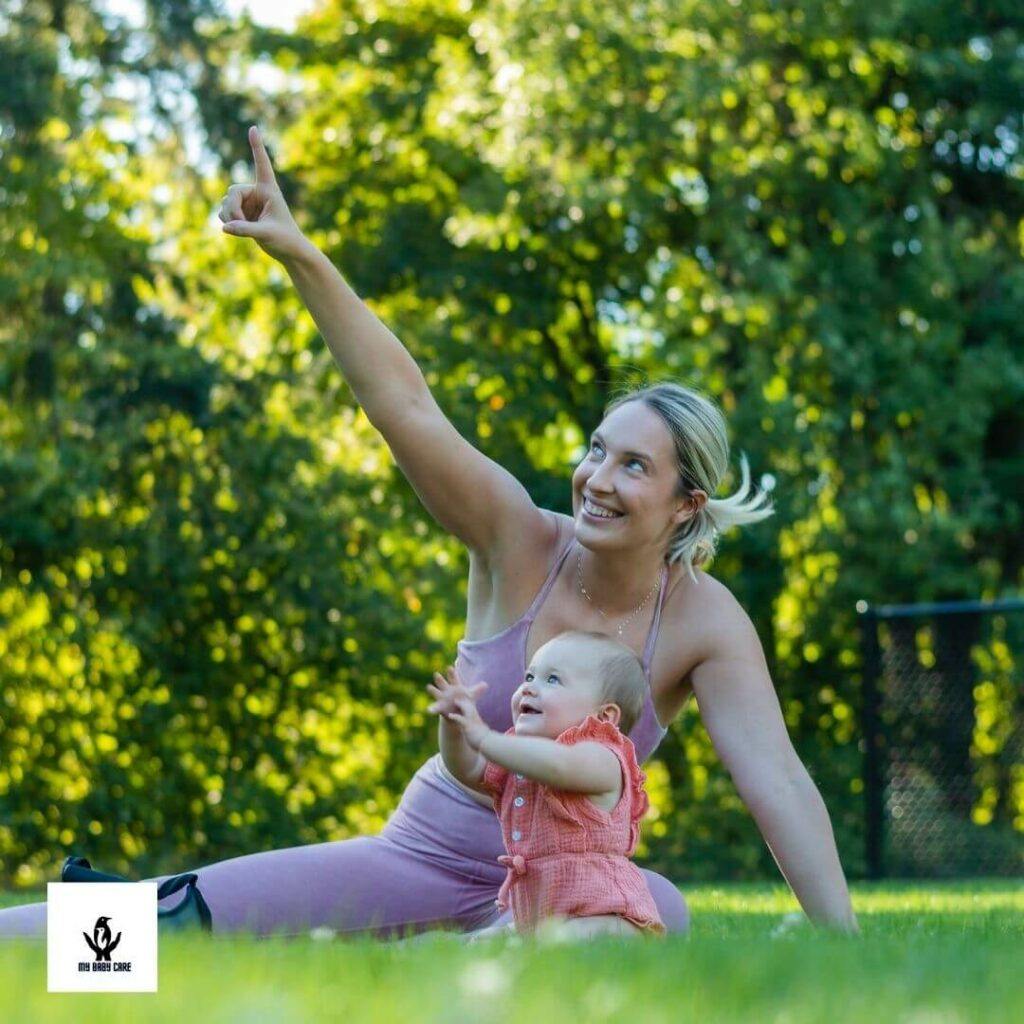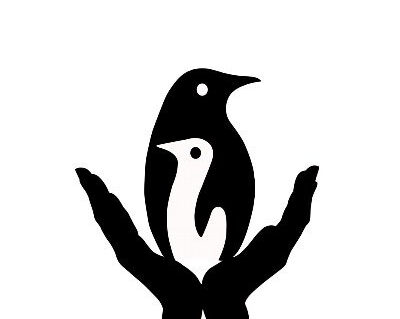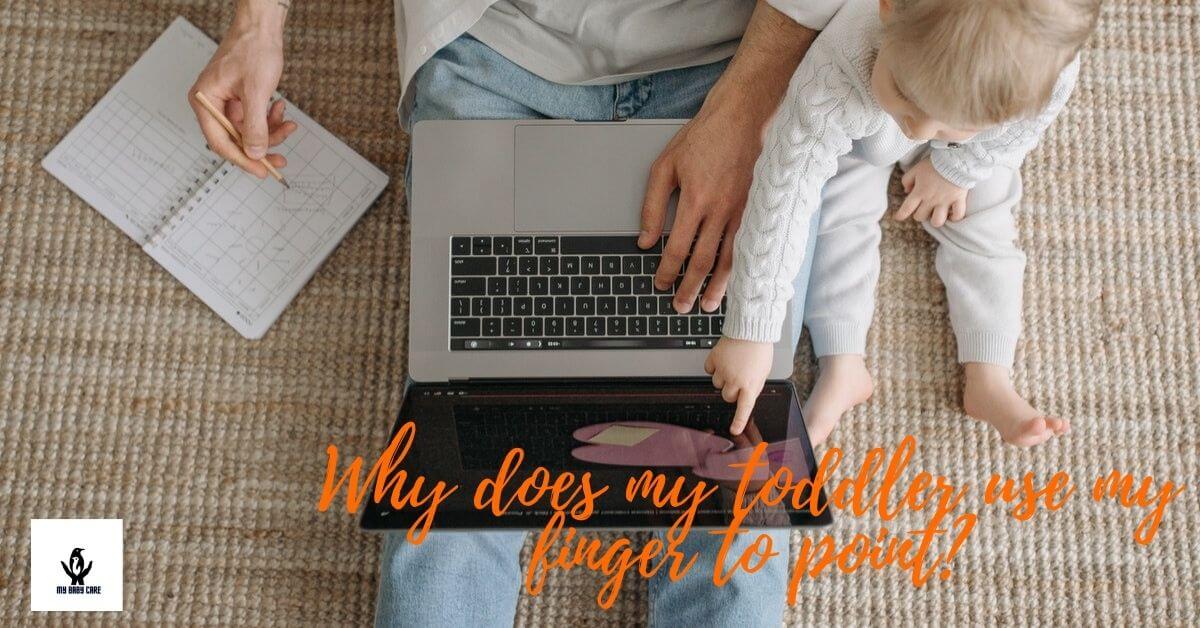Pointing is a very important developmental milestone for your baby. Some toddlers point independently toward things and some need their parent’s fingers to point to specific things they need.
So Parents may think ” why does my toddler use my finger to point?
I consider this pointing to a huge milestone in your baby’s development.
It begins at 7-15 months of age. First babies use the whole hand to point at things and they used to point with their index finger at nearly 6 months of age.
Sometimes most parents worry that their kids are having autism or related neurodevelopmental illness.
Mainly it is the main way of communication with you and other people. This commonly happens when your toddler doesn’t speak a word with you and they start only babbling things.
This is an early communication and interaction method for toddlers. They show interests, desires and share information
Why does your toddler point?
In the beginning, pointing is the main communicative way for your child. They use this to share their information with you. Firstly they communicate their interests and desires with you.
If your toddler is not still using a few words to say “look at this”, Then they show something by pointing.
They want you to look at the specific things in the environment. They drew adults’ attention to something they need to communicate.
Also, tell you what they need to tell by pointing. This is the starting point of labeling things.
Labeling things extends to identification and confirming their memory of specific things they saw early. After they need the particular thing to own it.
Meanwhile, your toddler will indicate something is no longer there by pointing. They need you to find a specific thing for them or “where is? “. So this pointing divides into two kinds
- Imperative pointing – To draw someone’s attention
- Declarative pointing – To ask for something

Why pointing is so important for your toddler?
If your child starts pointing with their own finger or with their parent’s finger, I suggest that this is something celebrated.
Yes, your toddler or the infant has reached certain very important social or communication skills. This is actually a landmark of their development journey.
By doing this baby gets someone’s attention and they send you all a message to influence your type of action to do what they need.
The more your toddler points things out early in their life, the better their language abilities are with them later I life.
Pointing selects specific topics in the environment to talk about for your kid.
They need adults to label things in the surrounding environment. In this way, most infants and toddlers start to learn a lot of words from the things they see. So this is a strong link to language development.
Some researchers found that constant pointing of your kid is an early sign of language delay sometimes. But I would strongly suggest that if they show pointing things, their language ability is no more a dream.
So dear parents, this is actually a green light in your kid’s development. What do you think? You are welcome to comment with your idea about this below in the comment area.
Signs of having difficulty in pointing
- If your kid is struggling to point out things nearby, these kids sow few body language types to say that indirectly.
- they use their whole hand to point to the thing they need to address
- They are struggling to use their own index finger and they try with their parent’s finger to do that
- Use their eyes to show things
- Need to physically take you to the object
- Not using words and they try to use the whole thing to talk about
The ways of encouraging pointing.
You need to find out a way of teaching the pointing activity to your kid. As a therapeutic suggestion, I can introduce an attractive arrow symbol or a picture of a big index finger that will do this for you.
You can paste this picture on cardboard and cut it with a preferred dark-colored margin and start using it with your kid.
You can start pointing to yourself. So use creative words, body postures, and actions to introduce yourself to your kid. Your baby understands what pointing is all about.
Later you can point things a little further away and introduce them to your kid. So use the funny talking method and enjoy the activity with your kid. It will gradually enhance the vocabulary of your kid.
Pointing opens a new window to enhance the communication skills of your baby before words
Lack of pointing -a sign of autism
If your baby is not pointing with their index finger sometimes can be considered as a red flag of autism. Some experts suggest that pointing or hand labeling is a core disability associated with early autism.
Some toddlers are struggling to show an item to their parents. They are having difficulty in reaching to be picked up with both hands and waving their heads to say “yes” or “no” for a request.
Sometimes kids are shaking their hands instead of pointing. So this category of kids can be considered as a deviated set of kids from the typically developed kids.
So it may be an early sign of autism and you may need professional assistance for further sorting out.

Final thoughts
If your kid points things very well, then be happy and celebrate with your kid. This resembles that the kid has reached his/her very important developmental milestone.
Don’t worry about the pointing pattern. Sometimes they use your finger to point or independently use their index finger to point to things.
Kids make their own communication channels with other people to fulfill their needs and express their ideas about things they need and things they see in the environment.
Also, they point towards similar things they remember but currently, they can’t see.
Dear parents, you need to consider if your child shows a lack of pointing even if they reached the age of 7-15 months.
It may be one of the red flags of a neurodevelopmental illness such as autism or related spectrum type disorder. Don’t hesitate to get the medical attention in that instances.
It is advisable for you to think of your own creative ways of improving the pointing ability of your kid.
Researchers found that early pointing ability improves in development of the verbal skills of your kid later in the developmental journey.

